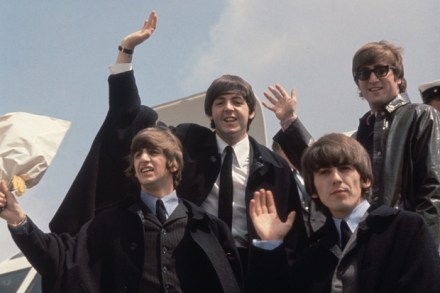John Lennon’s desert island luxury
Beatlebone is an account of a journey, a psychedelic odyssey, its protagonist — at times its narrator — John Lennon, seen through the prism of Kevin Barry’s imagining. Barry’s first novel, The City of Bohane, was a dystopian nightmare of comic vernacular and violence, showered with praise and prizes. Think James Joyce and Flann O’Brien collaborating on a script for Tarantino. Beatlebone, his second novel (on the shortlist for the Goldsmiths prize for fiction) has Lennon fleeing New York in 1978 for a secret visit to Dorinish, the uninhabited island he bought 11 years earlier. Burned-out, creatively blocked, he craves a few days of solitude, to sit and stare at




















